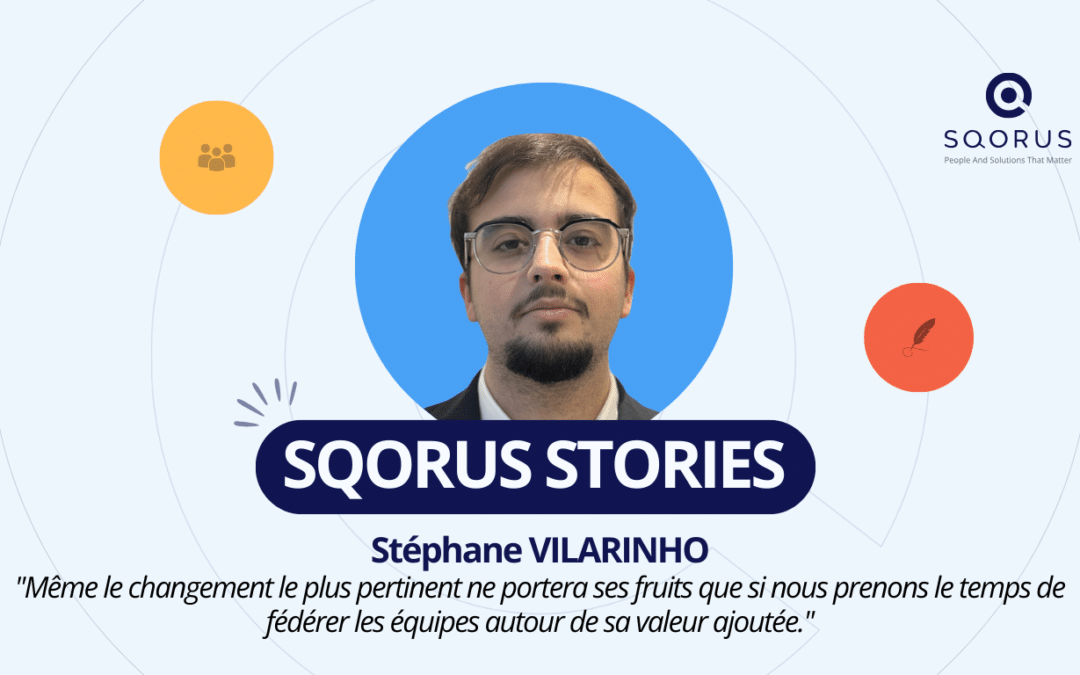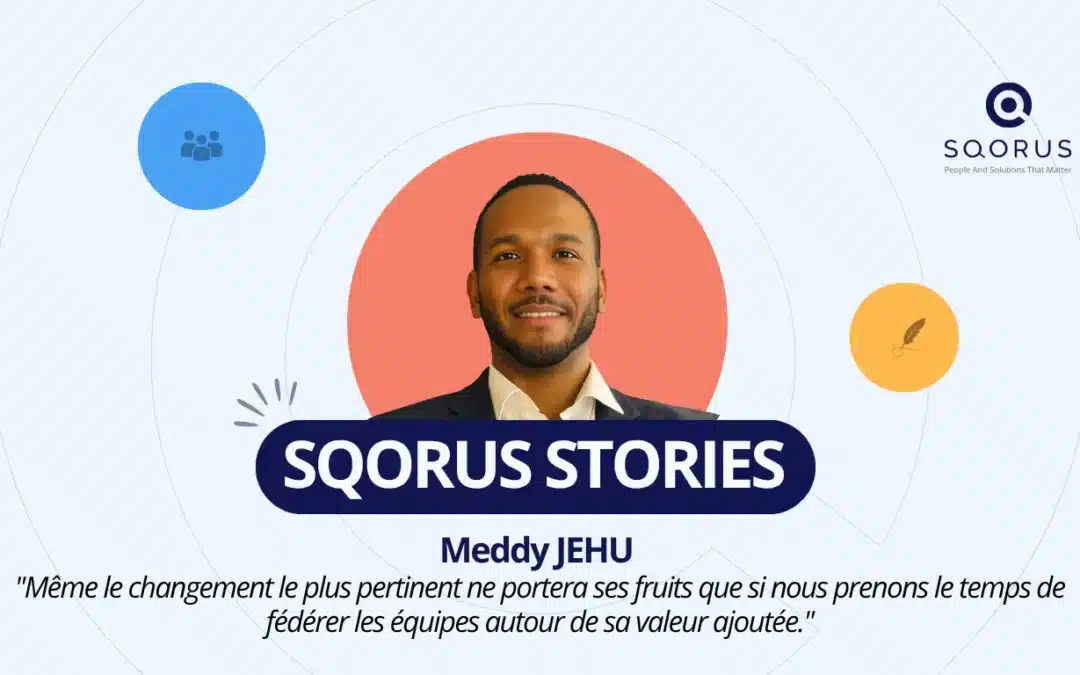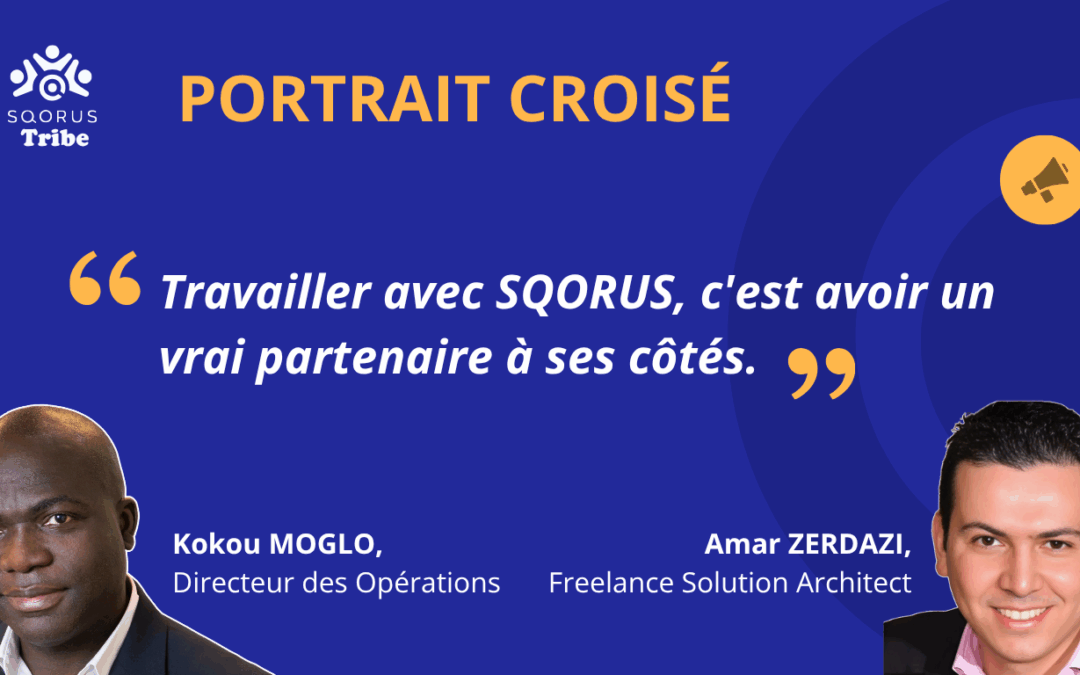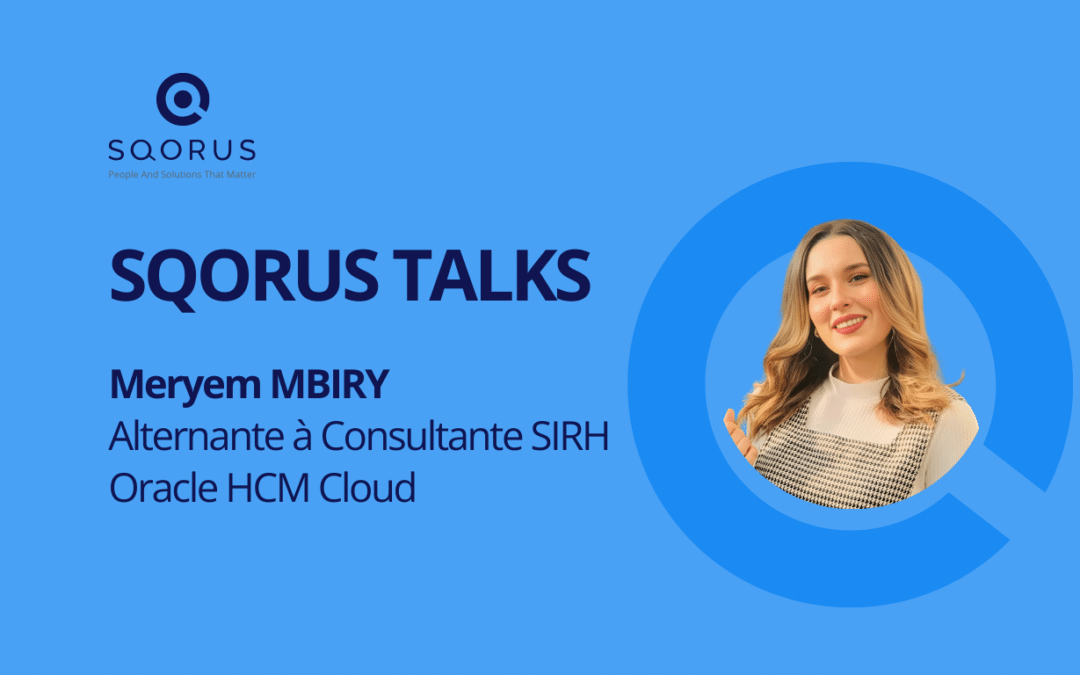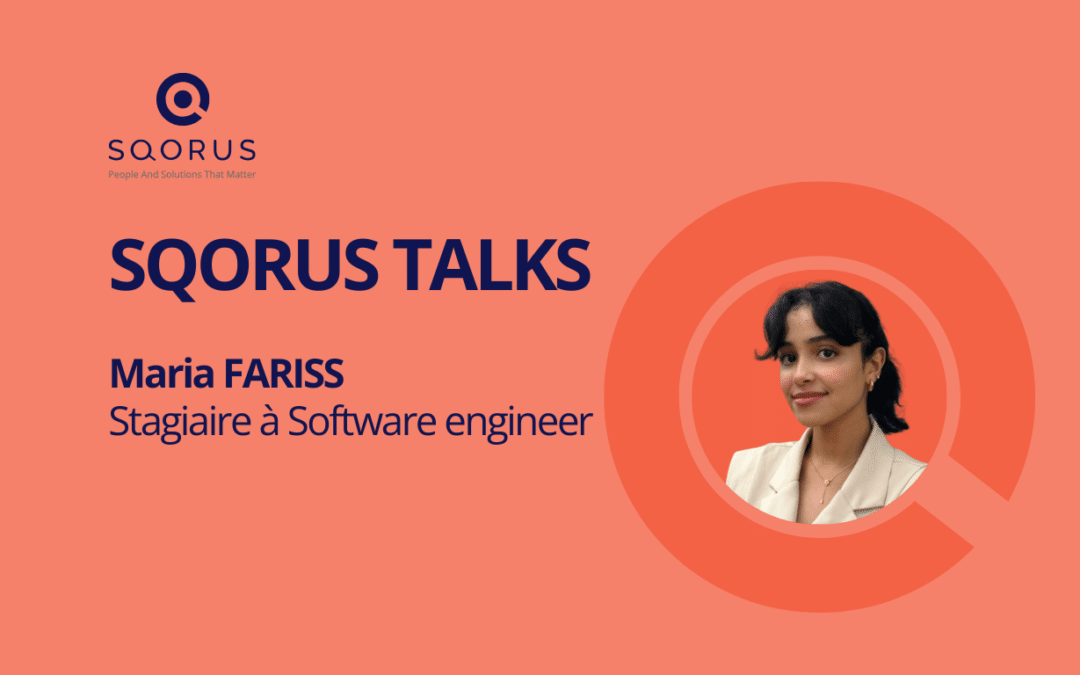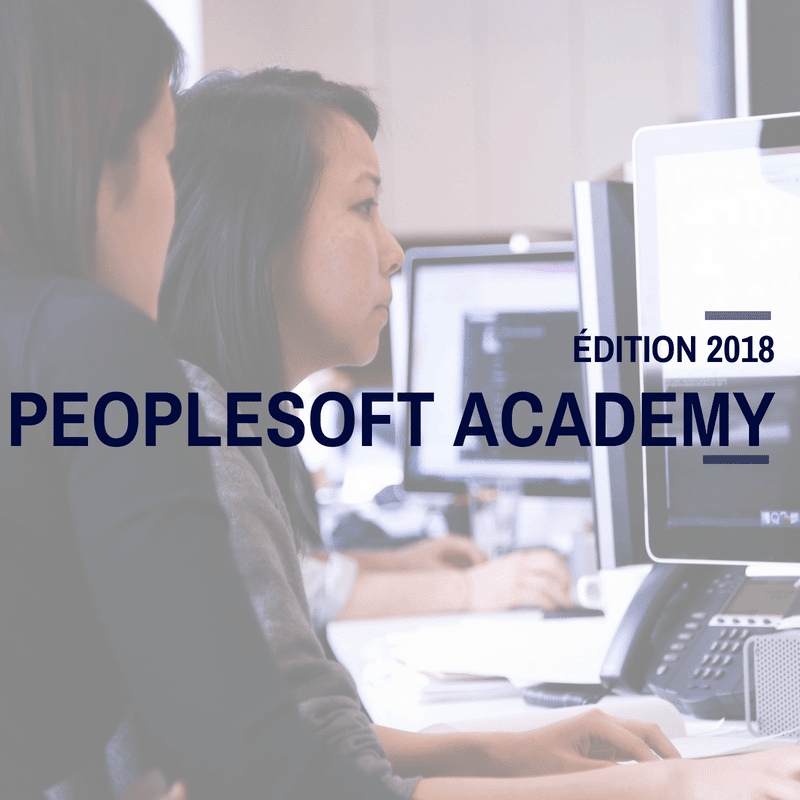At SQORUS, every career path reveals passions, ambitions… and beautiful professional trajectories!
Today, we give the floor to Ali EL YAZAMI, Data Integration Consultant, who joined our teams in February 2024 as part of his end-of-studies internship at EPITA.
Seduced by our vision of Data at the service of HR, Finance, EPM & IT transformation, he has chosen to continue the adventure on a permanent contract since September. He shares his first projects, what he learned and his daily life as a consultant, as well as the reasons that convinced him to continue with SQORUS.
Ali takes you behind the scenes of her career path. An inspiring testimonial for those considering a career in data,data integration or IT Council.
What if the next chapter was you?
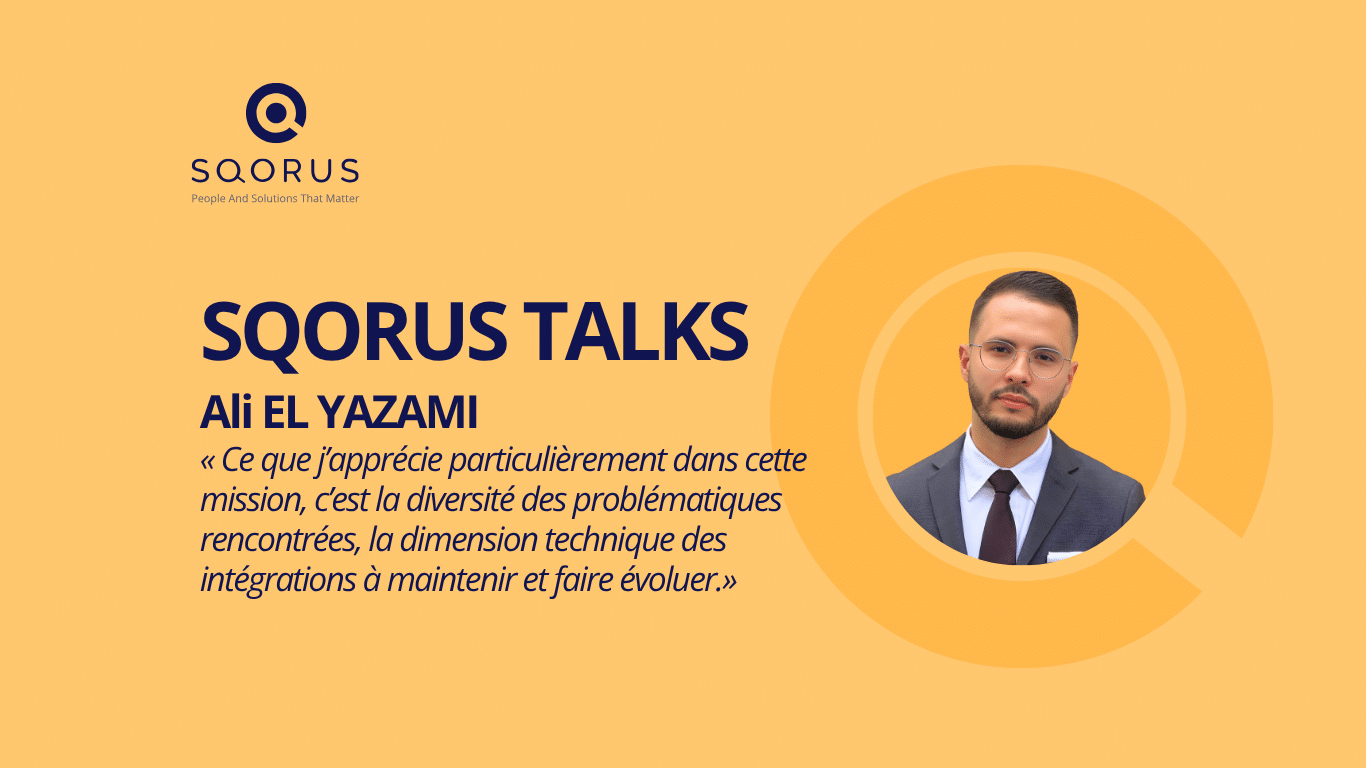
1. What made you choose SQORUS to start or continue your career in Council?
What convinced me to join SQORUS was above all my first impression during the recruitment process. The interview went very well, in a friendly and professional atmosphere.
I particularly appreciated thesupport I received even before my first day, which gave me confidence and made me want to be part of this adventure.
2. How did your first few months with us go? Tell us about your experience.
My first few months were very instructive. I was well received and integrated, whether by my manager, the whole team or even HR. There’s a real sense of team spirit and a desire to help newcomers progress.
My career path has been punctuated by regular follow-up meetings with my manager, creating a privileged space where I can openly share my professional challenges. This relationship of trust enables me not only to expose the difficulties I encounter, but also to benefit from strategic and personalized Council to overcome them effectively.
From the moment I arrived at the customer’s premises, the support of my colleagues was decisive. Their shared expertise and availability provided me with an ideal learning environment, enabling me to acquire the necessary skills at my own pace.
This collective goodwill has been the springboard to the autonomy I have gradually built up, giving me the confidence I need today to take on increasingly complex challenges.
3. Have you had the opportunity to learn any new technologies or methodologies since you arrived?
I was able to train on Oracle Integration Cloud (OIC) and deepen my skills on Oracle HCM.
Right from the start of my integration, I took part in internal training courses, and was quickly able to put into practice what I was learning as part of my assignments. In particular, I had the opportunity to work on integration interfaces between OIC and HCM, which enabled me to understand how web services, mappings and automation processes work.
I also had the opportunity to explore the new features between the Gen2 and Gen3 versions of OIC, which gave me a better grasp of the tool’s evolutions and helped me develop a proactive approach to technology watch, now an integral part of my daily professional practice.
This twofold increase in skills, both technical and methodological, has strengthened my autonomy and my ability to bring immediate added value to customer projects.
4. How would you describe the relationship with the senior consultants on your team?
Very positive. The senior consultants are accessible and take the time to share their experience, knowledge and know-how. I benefited from real day-to-day support, with a gradual and well-supervised rise in skills.
Thanks to their experience, they often provide me with a more global view of the issues, giving me access to a systemic understanding that I wouldn’t have been able to develop on my own at this stage of my career.
For example, on an interface that was experiencing random errors, one of my mentors explained to me the importance of managing volumes and call delays between systems. Things I wouldn’t necessarily have thought of spontaneously.
These moments of sharing expertise, combining theory and practical application, enable me to progress rapidly and shape my analysis methodology, enabling me to anticipate issues that my junior experience would not have enabled me to identify spontaneously.
5. What type of project are you currently working on? What do you like about it?
I’m currently working for a major account in the financial sector as part of a Third-Party Application Maintenance (TMA) project on an HRIS based on the Oracle HCM solution, interfaced with the customer’s information system via Oracle Integration Cloud (OIC).
I work on resolving anomalies, upgrading existing interfaces, as well as setting up new workflows.
What I particularly appreciate about this assignment is the diversity of the problems encountered, the technical dimension of the integrations to be maintained and developed, and the close collaboration with the customer’s business teams.
6. Tell us about a moment you’re particularly proud of since joining SQORUS.
I’m proud to have taken charge of a critical interface for a customer, which I was able to correct and stabilize independently, while reassuring the customer. It was a real moment of trust.
The interface in question generated random errors when transmitting HR data to a third-party system, which had a direct impact on employee updates in the customer’s internal tools.
After analyzing the logs and reproducing the scenario in a test environment, I was able to identify a problem with the management of delays between API calls. I proposed a technical solution, which was validated by the team, and then successfully deployed it.
At the same time, I took the time to communicate well with the customer, keeping him informed of progress and explaining the technical aspects. This enabled me to gain his trust and demonstrate my ability to manage a sensitive situation from start to finish.
7. How do you see your career unfolding over the next few years?
More concretely, I’d like to deepen my knowledge of Oracle HCM Cloud, in particular the more functional modules such as Core HR or Absences, as well as Oracle Integration Cloud (OIC) in terms of monitoring and performance optimization.
To achieve this, I intend to draw on both internal and external training (such as the Oracle University courses), as well as experience in the field: taking part in more complex projects, with broader responsibilities, while continuing to be supported by more experienced consultants.
I’d also like to gradually move towards coordination roles, to develop my project management and customer relations skills, while maintaining a solid technical base.
8. Are there any areas or technologies you’d like to specialize in?
The entire Oracle stack used within SQORUS, and VBCS in particular.
What attracts me to VBCS is the possibility of designing modern, dynamic web applications to complement Oracle HCM or OIC solutions.
This would enable me to broaden my scope beyond integration, by also helping to create custom user interfaces for specific customer needs.
Training on VBCS is part of my career plan, as it would reinforce my versatility as a consultant, combining back-end skills (integration, automation) with front-end skills (user interfaces).
Eventually, this could enable me to take charge of end-to-end projects, or move into more cross-functional roles, combining technical, UX and project management.
To achieve this, I’d like to train myself through practical case studies and advanced tutorials, and ideally be accompanied by a colleague with experience of this tool.

Ali EL YAZAMI
Data Integration Consultant
This twofold increase in skills, both technical and methodological, has strengthened my autonomy and my ability to bring immediate added value to customer projects.
9. Have you ever proposed ideas or initiatives within your team or SQORUS? How were they received?
I suggested creating an onboarding deliverable for new consultants to help them get to grips with TMA. The initiative was well received, and I had the opportunity to build a PowerPoint support shared with the community to which I belong.
This community brings together consultants at different levels to share feedback, best practices and useful resources. It’s a real space for exchange and collaborative learning.
10. What do you love most about your job?
The fact of solving concrete problems using technology, while understanding the customer’s business needs. I also like the “puzzle” aspect of integrations, where each element has to fit together perfectly.
11. What’s a typical day like for you?
My day generally begins with a daily review, during which we take stock of the previous day’s actions and share any significant events of the evening.
I then go on to process my backlog, resolving the tickets assigned to me. This often involves discussions with the business teams to clarify and refine the need, so as to be able to provide a relevant technical solution adapted to their expectations.
12. What are the most interesting projects you’ve worked on so far?
The OIC Gen2 → Gen3 migration was very rewarding, as it involved technical adaptations, a global understanding of the architecture and support for the customer through the change.
13. How do you see your job evolving in the current context of digital transformation?
In a context of accelerated digital transformation, the role of data integration consultant is taking on a strategic dimension.
Companies are looking to automate their processes, centralize their data and interconnect heterogeneous systems. Our role is therefore evolving towards greater expertise in flow architecture, exchange security and performance optimization.
14. If you had to convince a talent to join your team in one sentence, what would you say?
Joining our team means joining an environment where innovation, collaboration and the development of your skills are at the heart of every project, with a real impact on our customers’ digital transformation.
Join a great place to work
Your career at SQORUS is more than just a job, it’s an opportunity to grow professionally and personally in an environment where individual development contributes to the growth of the whole.



